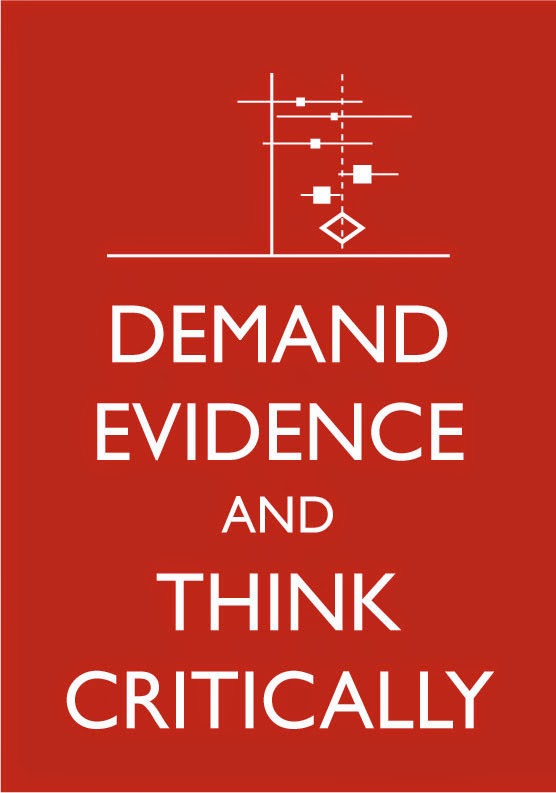Dr. Margaret McCartney, a Scottish family doctor and regular contributor to the BMJ, is the author of "The Patient Paradox" a book with a critical scientific view written in the office. I regularly follow Dr. McCartney’s contributions and two of her tweets have already been selected as tweet of the week in this blog. "Cancer: Are military metaphors appropriate?" and "If we don’t die of cancer, what do we die of?". On June 17 I had the opportunity to listen to her at the inaugural conference for the Catalan Society of Clinical Pharmacy seminar. The thesis of her speech: "Too much medicine for the well and not enough for the sick" seemed very much to the point, therefore I decided to read her book; and I must say that I liked it so much that if I was an editor, I would order a Spanish translation right now.
What is the paradox that Dr. McCartney refers to?
This paradox is no more or less than the thesis of her speech in Barcelona. If one is sick one must be persistent in order to receive the appropriate care (booking an appointment with the family doctor, limiting oneself to a little timeframe to explain what's wrong, putting up with long waiting lists to receive specialty care, etc). But if one is well, then the situation is reversed and the risk of overacting prevails, such as that in a screening or a health review, one is placed in the patient’s or in the pre-patient books thus occupying the position of a patient at risk and therefore, to receive preventative treatments for pathologies that may never occur or to be treated to combat a disease that one does not have.
The law of inverse health care was first described in the Lancet by Julian Tudor Hart, a Welsh family physician in 1971. According to him: "The availability of receiving good healthcare tends to vary inversely to the necessity for it. This law operates completely when healthcare is exposed to market forces."
Guide to topics covered in "The Patient Paradox" (to encourage a complete reading)
The author defends a medical practice that knows how to appreciate, jointly with the patients, the risks and benefits in order to avoid medicating healthy people; that practices continuity of care versus fragmentation; that focuses on proven clinical activities and addresses patients’ end of life clearly and honestly.
She states that the challenges for today’s family doctor are monumental: the related industry invests, innovates and pushes for their market share; the patient associations are operating under this influence, often as consumer associations and, accordingly, the political parties in their campaigns promise preventive activities of dubious effectiveness.
The examples from Dr. McCartney’s cabinet are not to be overlooked: her outrage when a patient claims the tests he was told that he is entitled to, or her irritation with the government when she has to care for a patient with depression, while the screen reminds her that she should schedule an cytology if she wants to cover the objectives.
In short: an excellent book for lovers of a clinical practice of independent judgment, with timely insights for family doctors who love their jobs; a plea for public health and against the marketing of what Dr. McCartney calls "sexed up medicine"; a professional and critical text.
Jordi Varela
Editor
Jordi Varela
Editor



%2B19.10.52.png)

Dr. McCartney did good research on Medicine and he find our some contradictions of today's medicine which contained in this post, Every medical student must read his research and then write his point of view or feedback on that research. For this purpose, Students needs to read his book and students also follow www.medfellowship.com/university-of-maryland-sports-medicine-fellowship-program/ which may help to learn a lot about the medicine. Best of luck.
ReplyDeleteIn recent time there has lots of change in the medicine side as you can see now. When you browse this site you will get along with those fellowship board.
ReplyDeleteIn recent time the medicine side is really tough to get but they are improving.When you are get into here http://www.internalmedicineresidency.biz/internal-medicine-residency-personal-statement-sample/ to get the statements for the medicine residency.
ReplyDeleteSee the contradictions of the medicine with the clinical management. Follow the best structures of the life with this best zone. Get the site with the new area of the Jordi Varela and find more archives to make your life more good.
ReplyDeleteThe points are very unique because professional know some points which have been used in the book as https://anesthesia.residencypersonalstatements.net/how-to-write-an-anesthesia-personal-statement-for-a-residency-program/ helps the readers to create their unique contents and match their ones with the book.
ReplyDelete